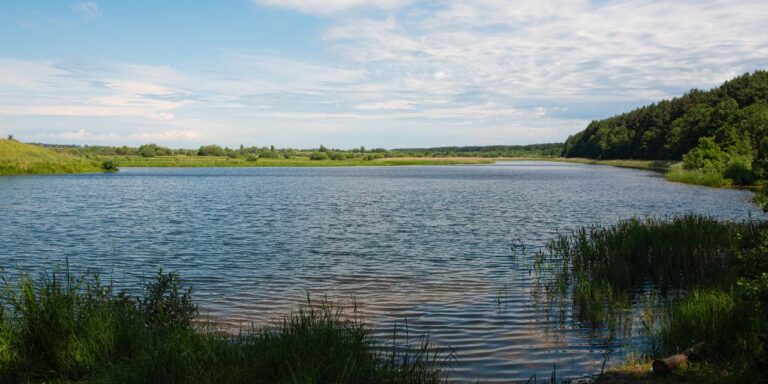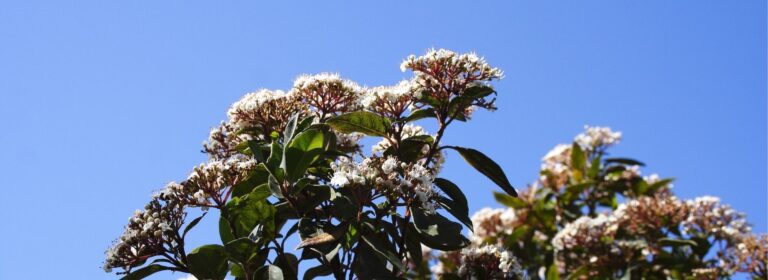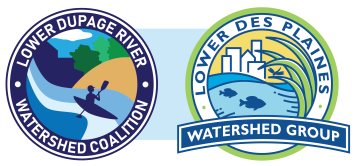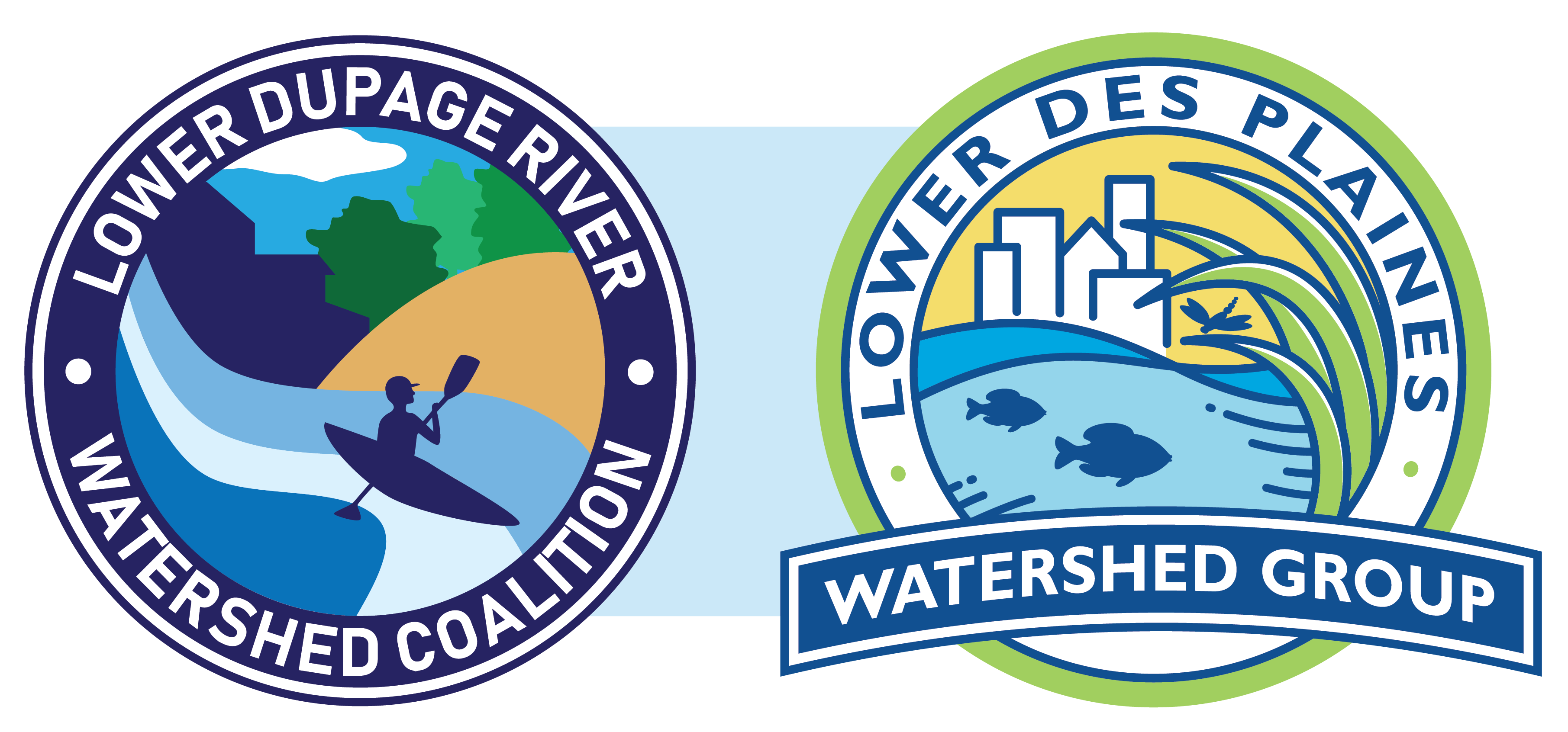The Issue
The same nutrients (phosphorus and nitrogen) that feed our garden plants feed algae in rivers, streams, lakes, and ponds. When our waterways are spiked with nutrients, the amount of algae explodes and then dies off, sucking out oxygen in the water in the process. The lack of oxygen creates a “dead zone.” Without oxygen, fish and other aquatic life are not able to survive.
A few main culprits cause an excess of algae in our rivers and streams, including fertilizers, yard waste, and dog poop.
Solutions

Carefully Use Fertilizers
It’s important to remember that what we do here has downstream effects. Fertilizers from farming states in the Mississippi River watershed, including Illinois, are responsible for the giant dead zone in the Gulf of Mexico.
We can do our part to keep our local watersheds healthy by reducing the use of fertilizers on our lawns and gardens. Whether it’s synthetic or organic, always use fertilizers according to the label and sweep up any fertilizer that falls on your driveway and sidewalk.

Use Leaves as a Resource
Leaves are another source of nutrients in local waterways. Properly dispose of leaves, grass clippings, and other yard waste by participating in your community’s pick-up program. Or better yet, use leaves as a resource by mulching them into your lawn with a mulching mower, composting them, or adding them to your garden beds. This way, nutrients are returned back to the earth and kept out of rivers.

Pick Up Pet Waste Every time, Everywhere
Dog poop contains nutrients and bacteria, both of which degrade water quality. The bacteria in pet waste can also affect our health when it is left on the ground where children play or when it is washed into rivers that we use for recreation. Dog poop is different from wildlife feces. Plus, all the waste created by all the dogs in our watershed really adds up! Fortunately, taking care of pet waste is simple: pick up dog poop every time, everywhere and always throw it into a garbage bin.
Related Articles

Our Fresh Water is More Precious Than You Think
With a limited supply of fresh water, it’s important to appreciate and conserve our precious freshwater resources.

Native Trees and Shrubs for Wet Areas
Native trees and shrubs can solve water issues while adding a boost to the local ecosystem at the same time!

Winter Chloride Watchers: A New Opportunity to Protect Local Streams and Water Quality
Help gather important data on the increasing saltiness of local rivers and streams. Join Winter Chloride Watchers!

